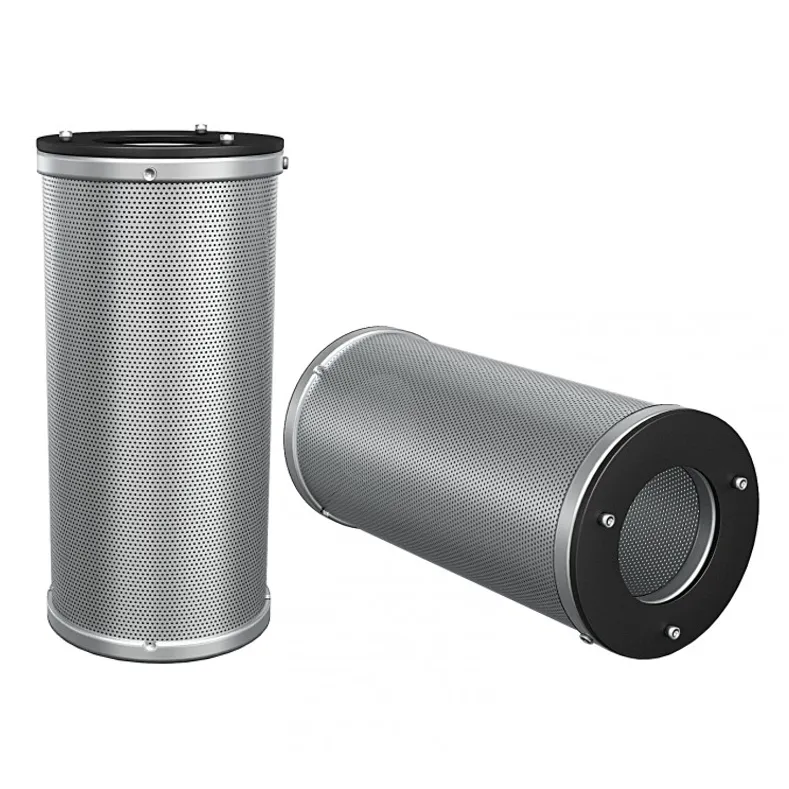 Tel:
+8615930870079
Tel:
+8615930870079
8月 . 22, 2024 00:53 Back to list
HEPA Cartridge Filter for Superior Air Purification and Dust Removal Solutions
The Importance of HEPA Cartridge Filters in Air Quality Management
In an age where air quality concerns are becoming increasingly critical, the role of effective filtration systems is paramount. Among the various technologies available, HEPA (High-Efficiency Particulate Air) cartridge filters stand out for their remarkable ability to trap airborne particles and improve indoor air quality.
HEPA filters are engineered to capture at least 99.97% of airborne particles that are 0.3 microns in diameter. This includes dust, pollen, pet dander, mold spores, and even some bacteria and viruses. The efficiency of HEPA filters makes them essential in a variety of settings, including homes, offices, hospitals, and industrial environments.
The Importance of HEPA Cartridge Filters in Air Quality Management
In healthcare facilities, the importance of HEPA filters cannot be overstated. Hospitals and clinics implement these filters to maintain sterile environments critical for patient care. They play a vital role in preventing the spread of infections by efficiently filtering out pathogens from the air. This is particularly important in surgical wards and isolation rooms, where the risk of airborne diseases can be high. The inclusion of HEPA filters in air handling systems is a standard practice in maintaining compliance with health regulations and ensuring the safety of both patients and healthcare workers.
hepa cartridge filter

The operation of a HEPA cartridge filter is based on a simple yet effective principle of capturing particles through a mesh of fibers. These fibers create a tortuous path that airborne particles must navigate, significantly increasing the chances of collision and adhesion. The design of HEPA filters allows them to remain effective for a longer period compared to standard filters, though they do require regular maintenance and timely replacement to ensure optimal performance.
Another advantage of HEPA cartridge filters is their role in energy efficiency. While some air filtration systems can place a heavy burden on energy consumption, HEPA filters are designed to minimize airflow resistance, making them more energy-efficient. This is crucial for large-scale industrial applications, where air quality control is necessary without incurring excessive energy costs.
However, it is essential to understand that HEPA filters are not a one-size-fits-all solution. For them to be effective, they must be part of a comprehensive air quality management strategy. This includes regular maintenance of HVAC systems, optimal placement of filters, and understanding the specific air quality issues prevalent in a given environment.
In summary, HEPA cartridge filters are indispensable tools in the quest to enhance indoor air quality. Their high filtration efficiency, versatility in application, and relevance in health and safety protocols make them a valuable asset across various industries. As awareness of air quality issues continues to grow, the adoption and proper maintenance of HEPA filters will play a crucial role in creating healthier living and working environments. Investing in effective air filtration technology is not merely a choice; it is a commitment to health, safety, and overall well-being.
-
Nano Fiber Technology: Revolutionizing Cartridge Dust Collector FiltersNewsAug.06,2025
-
How Activated Carbon Air Cartridges Eliminate OdorsNewsAug.06,2025
-
Dust Filter Cartridge Handling Fine Particulate MatterNewsAug.06,2025
-
Cartridge Dust Collector Filter for Welding Fume ExtractionNewsAug.06,2025
-
Activated Carbon Filter Cartridge Effectiveness Against VOCsNewsAug.06,2025
-
Activated Carbon Air Filter Cartridge Benefits ExplainedNewsAug.06,2025

 Email:
Email:





